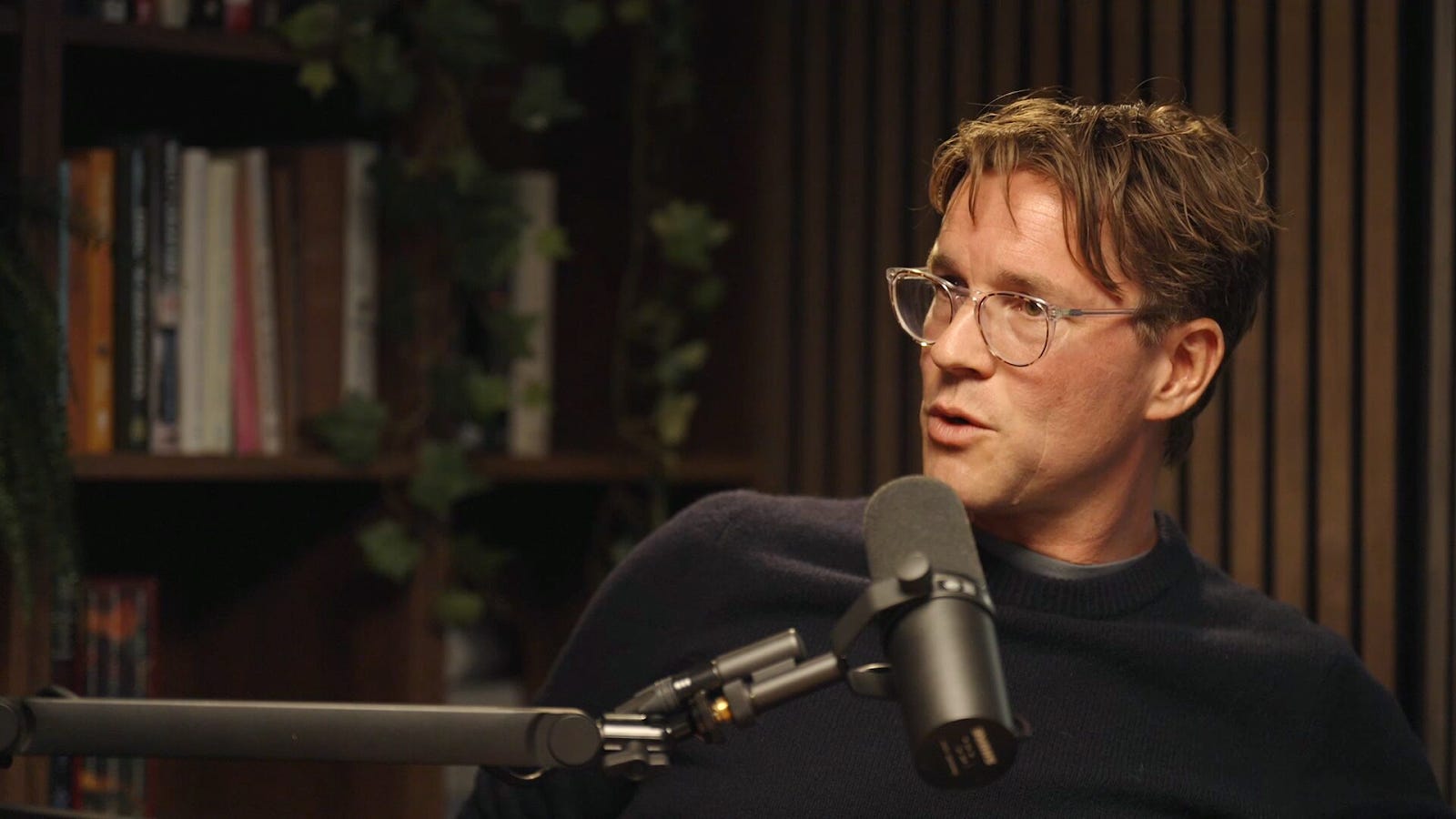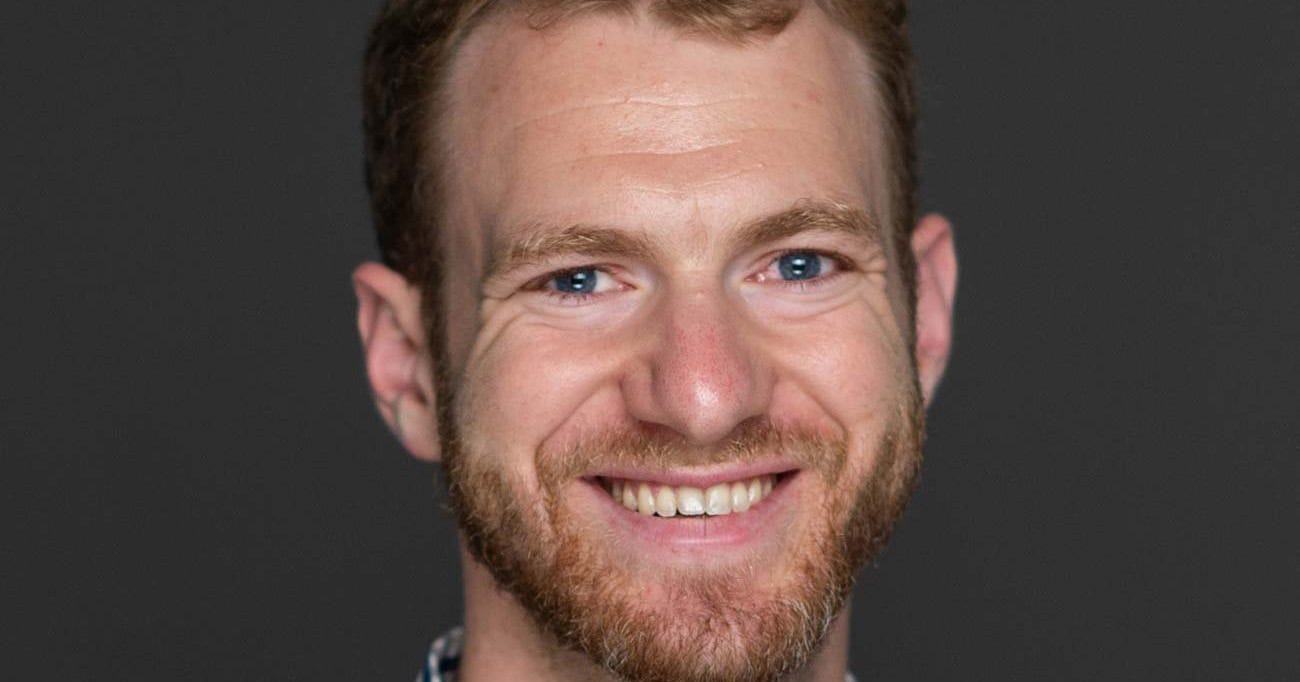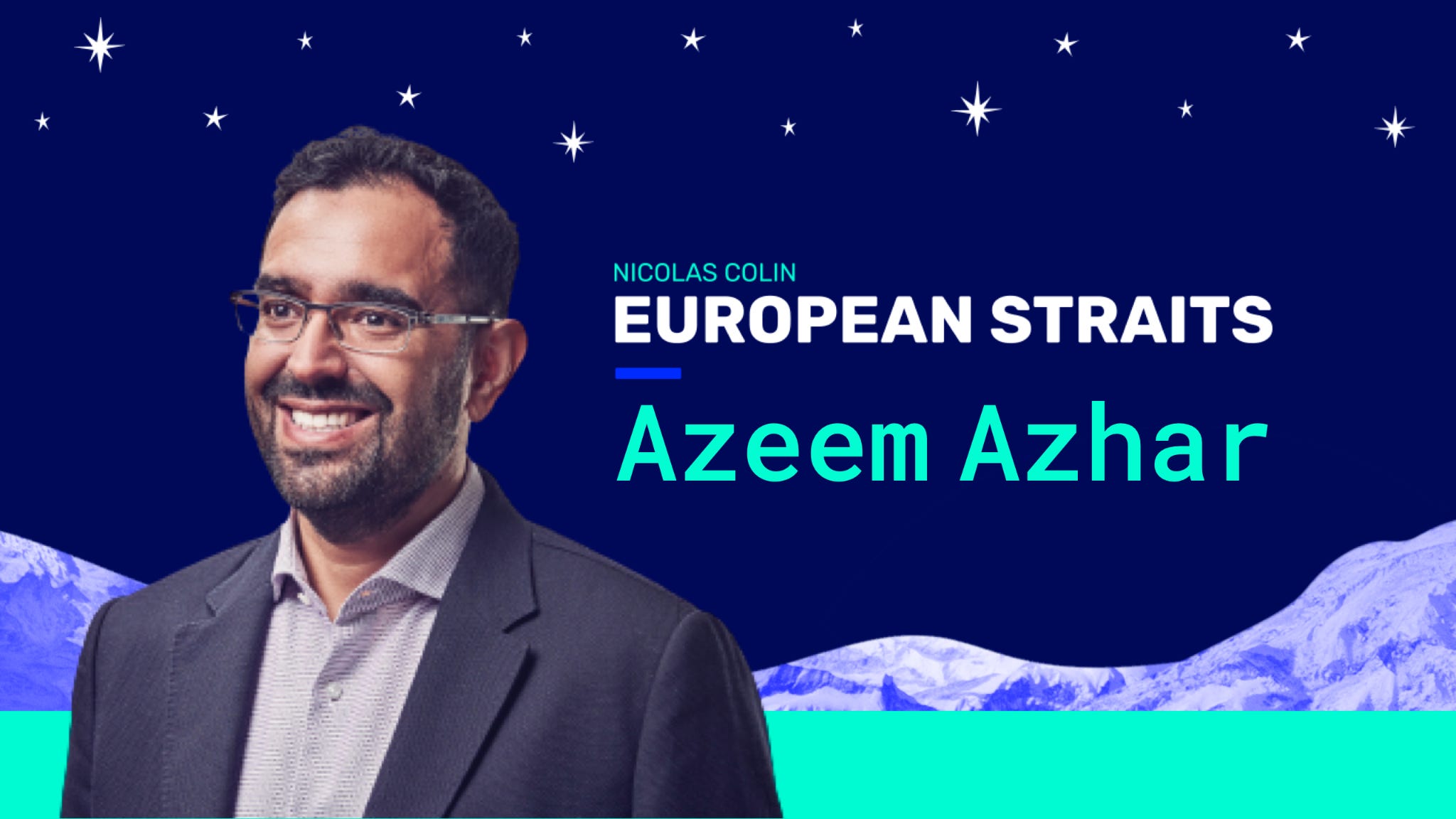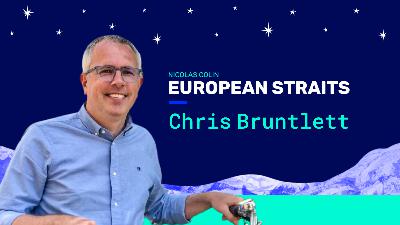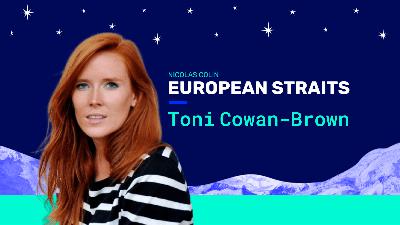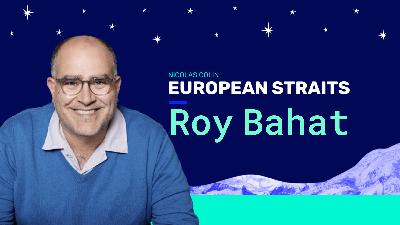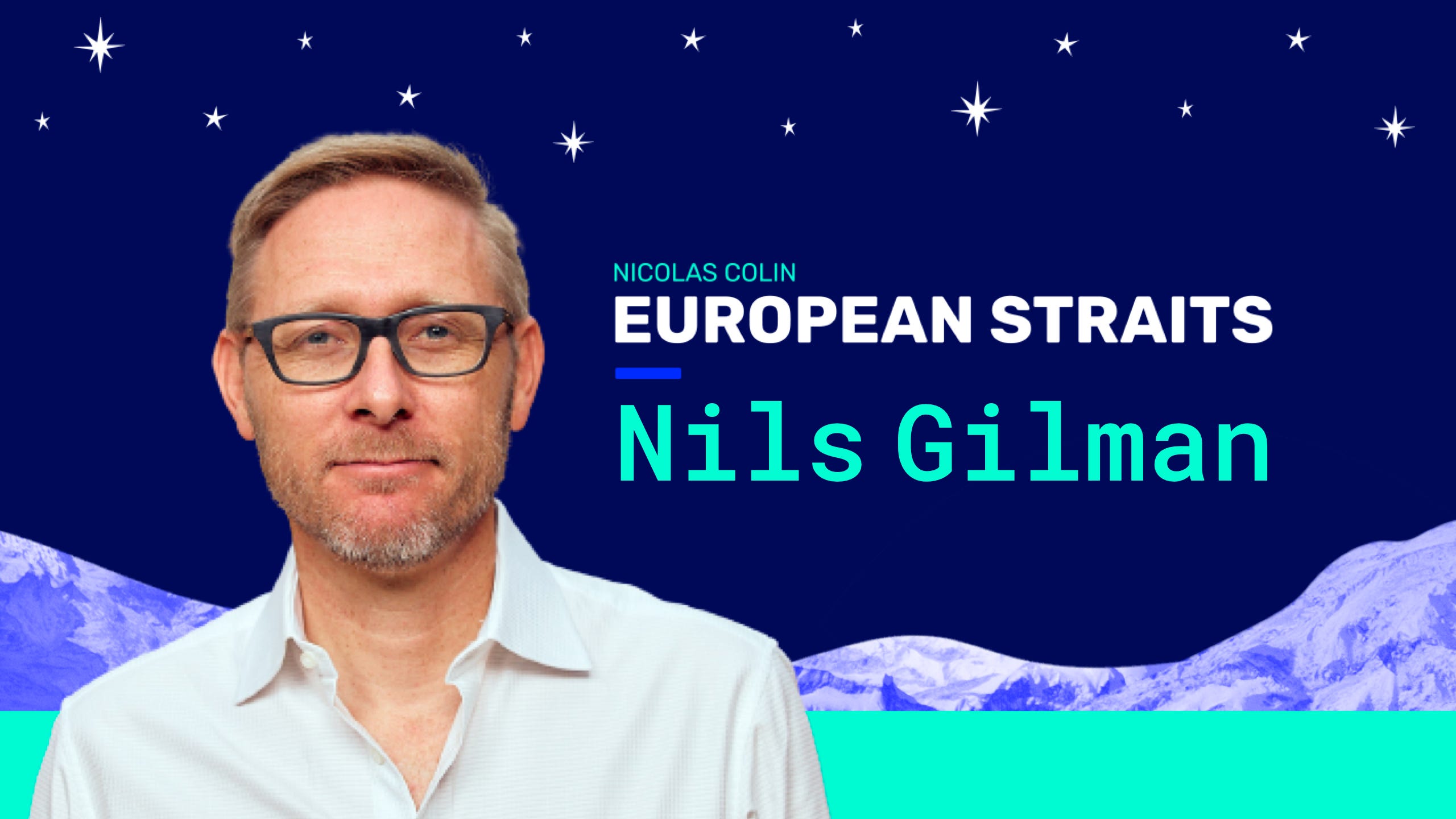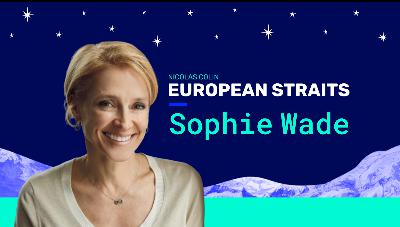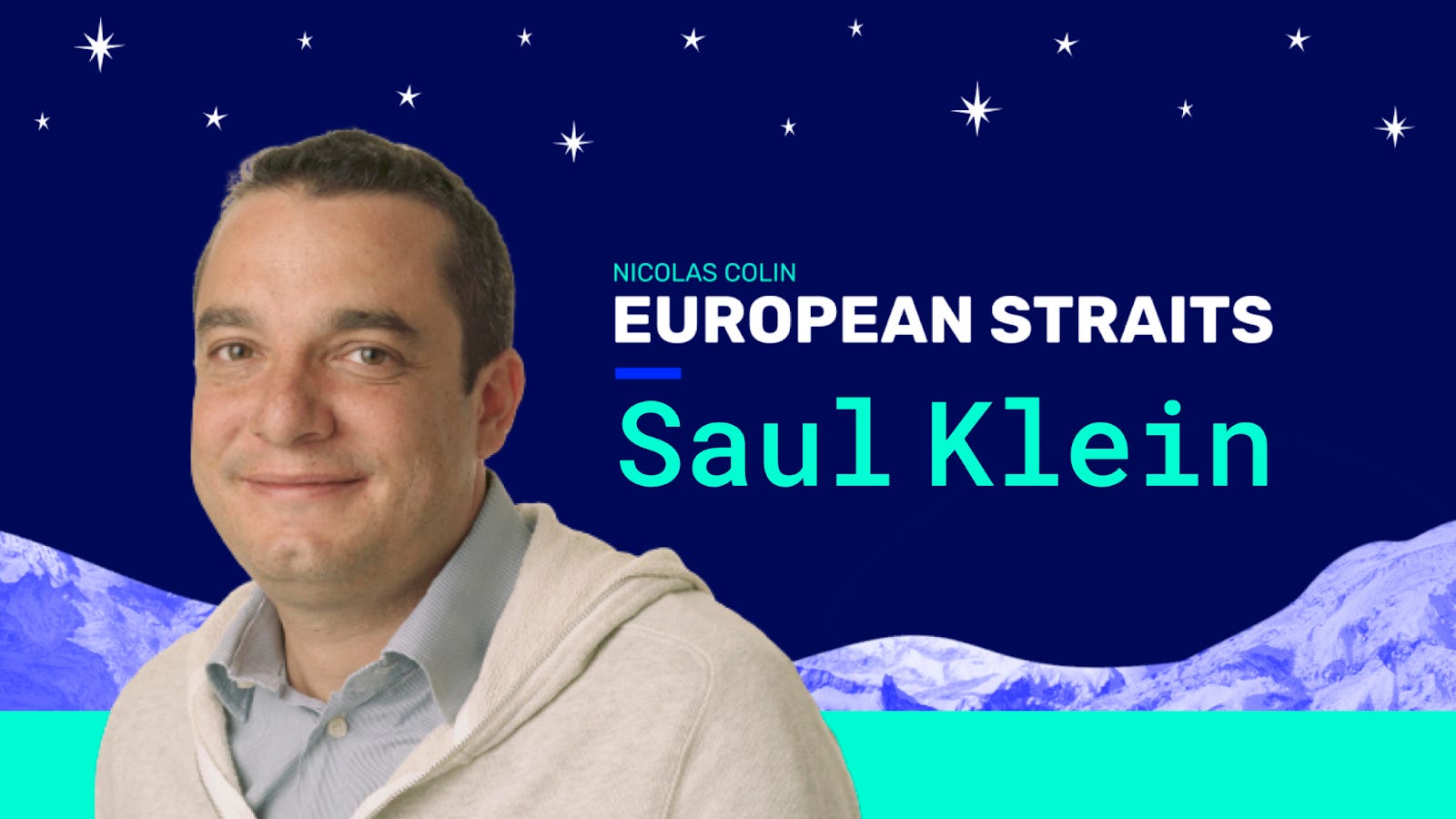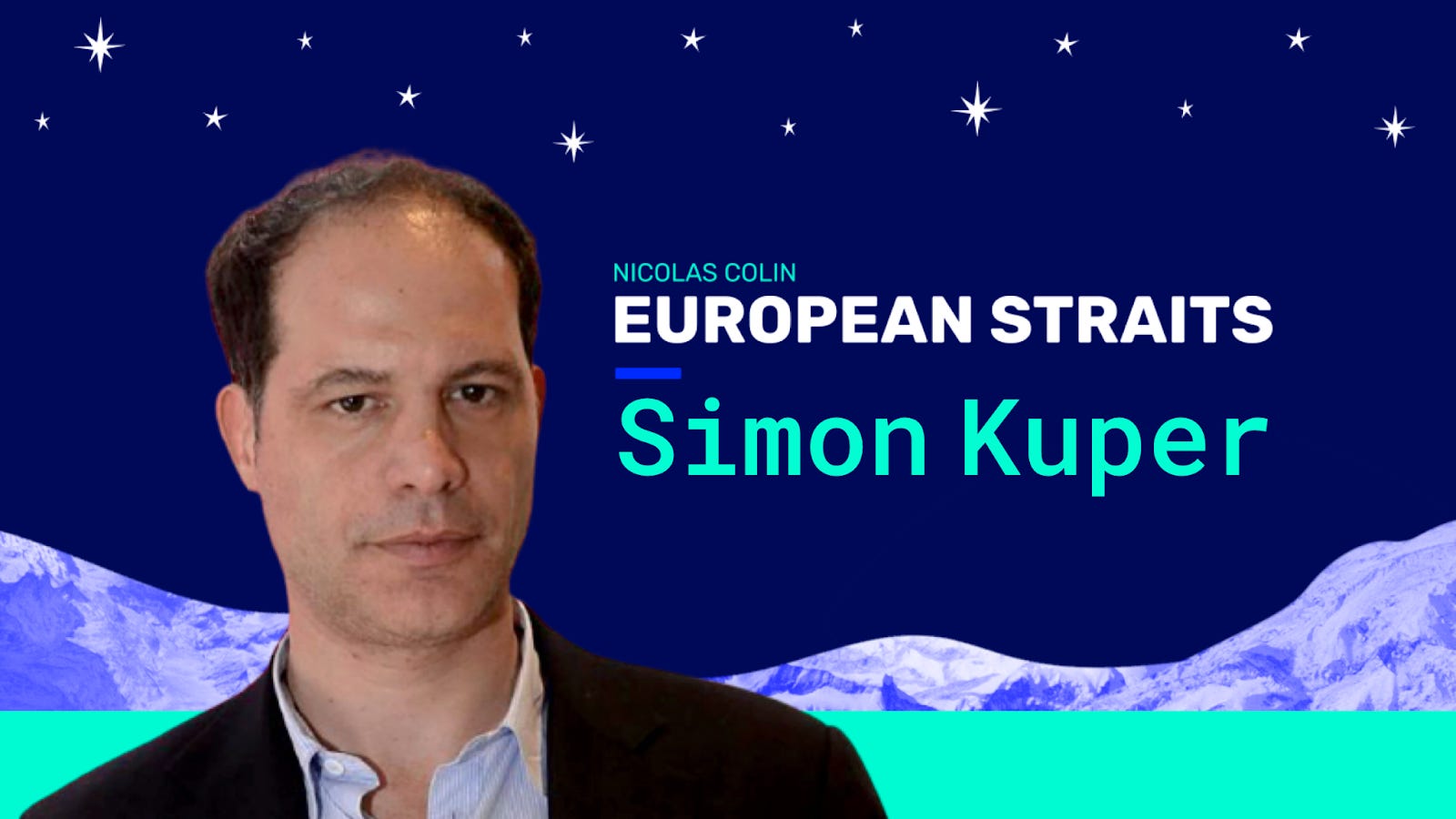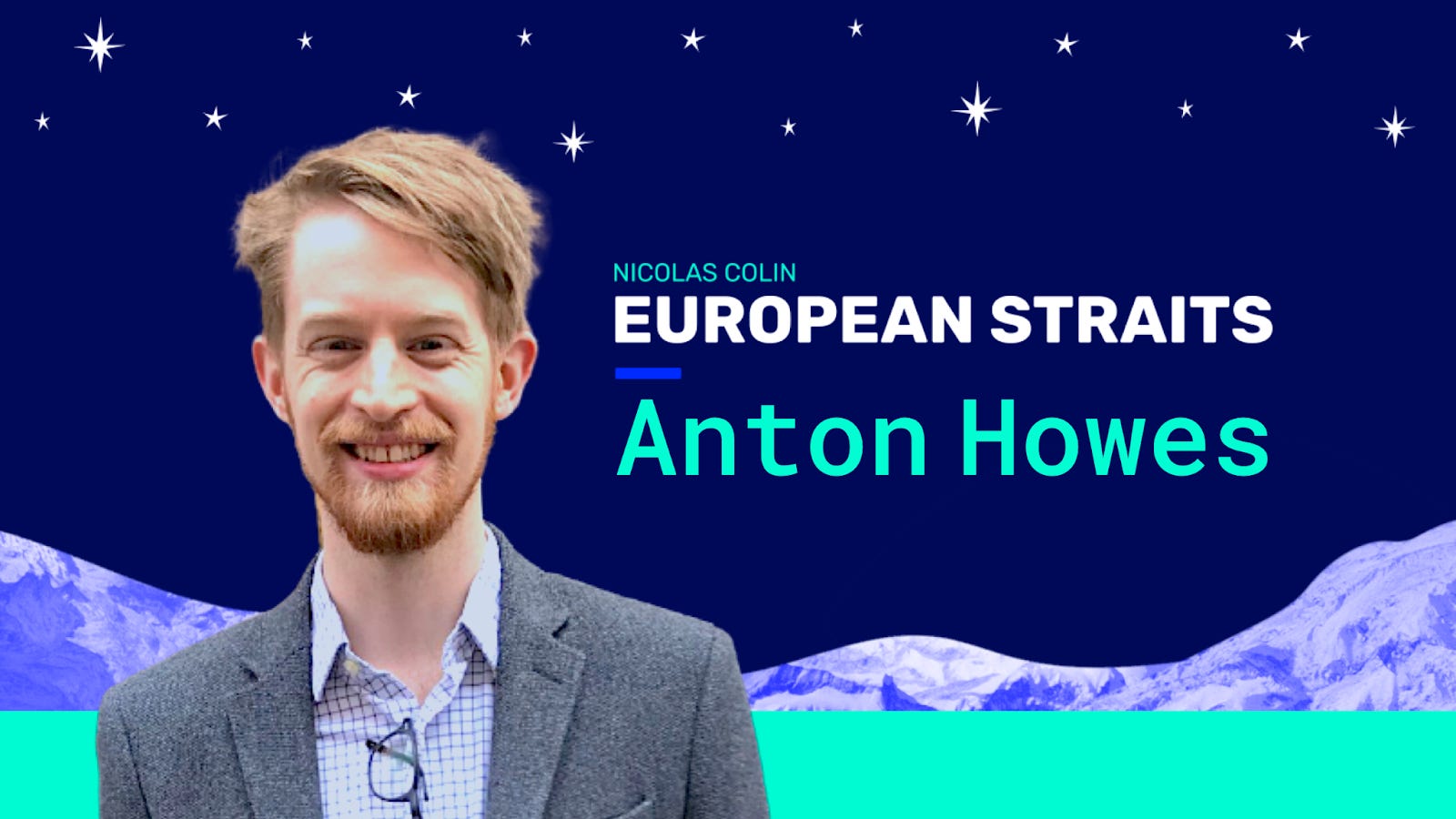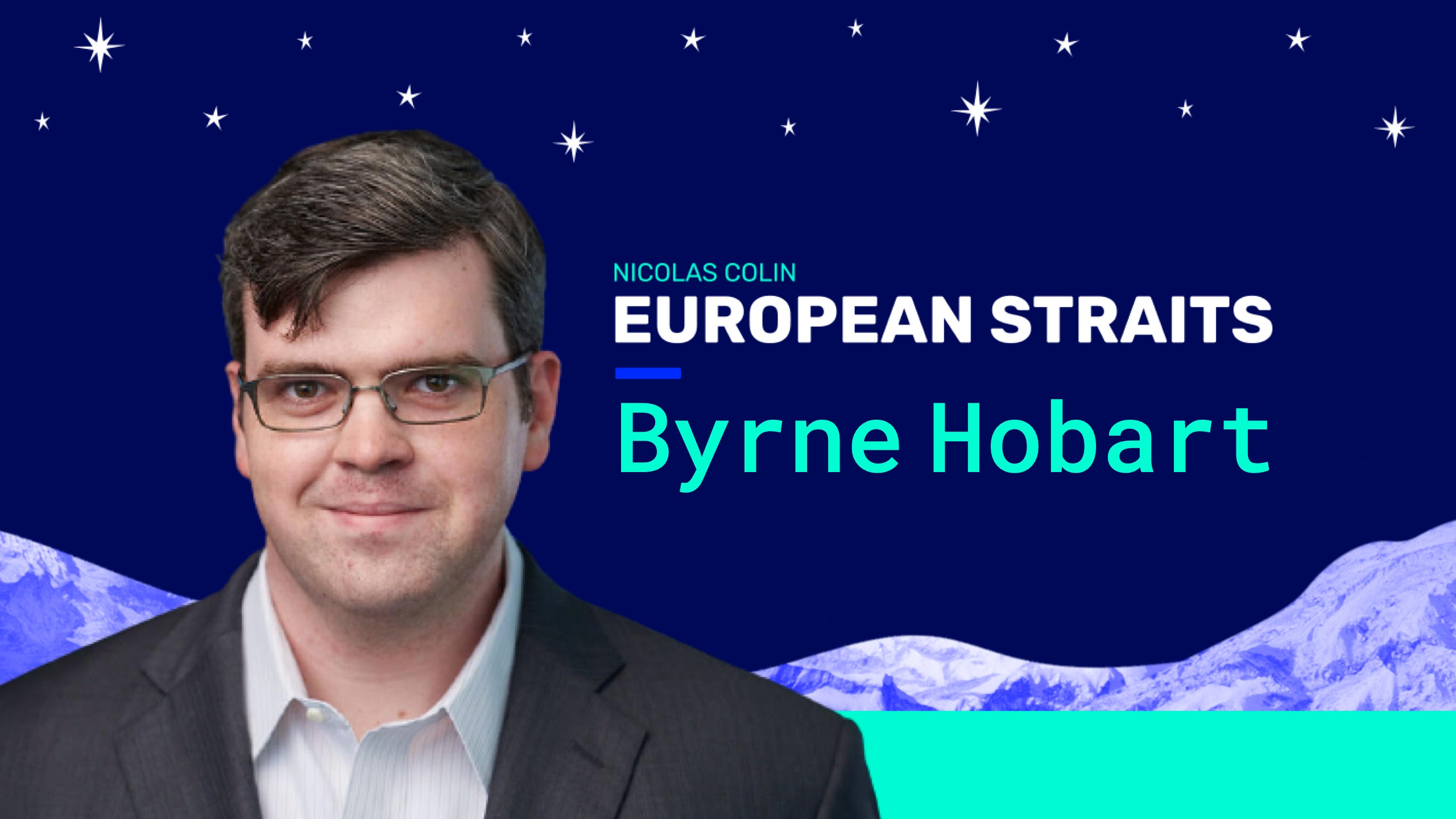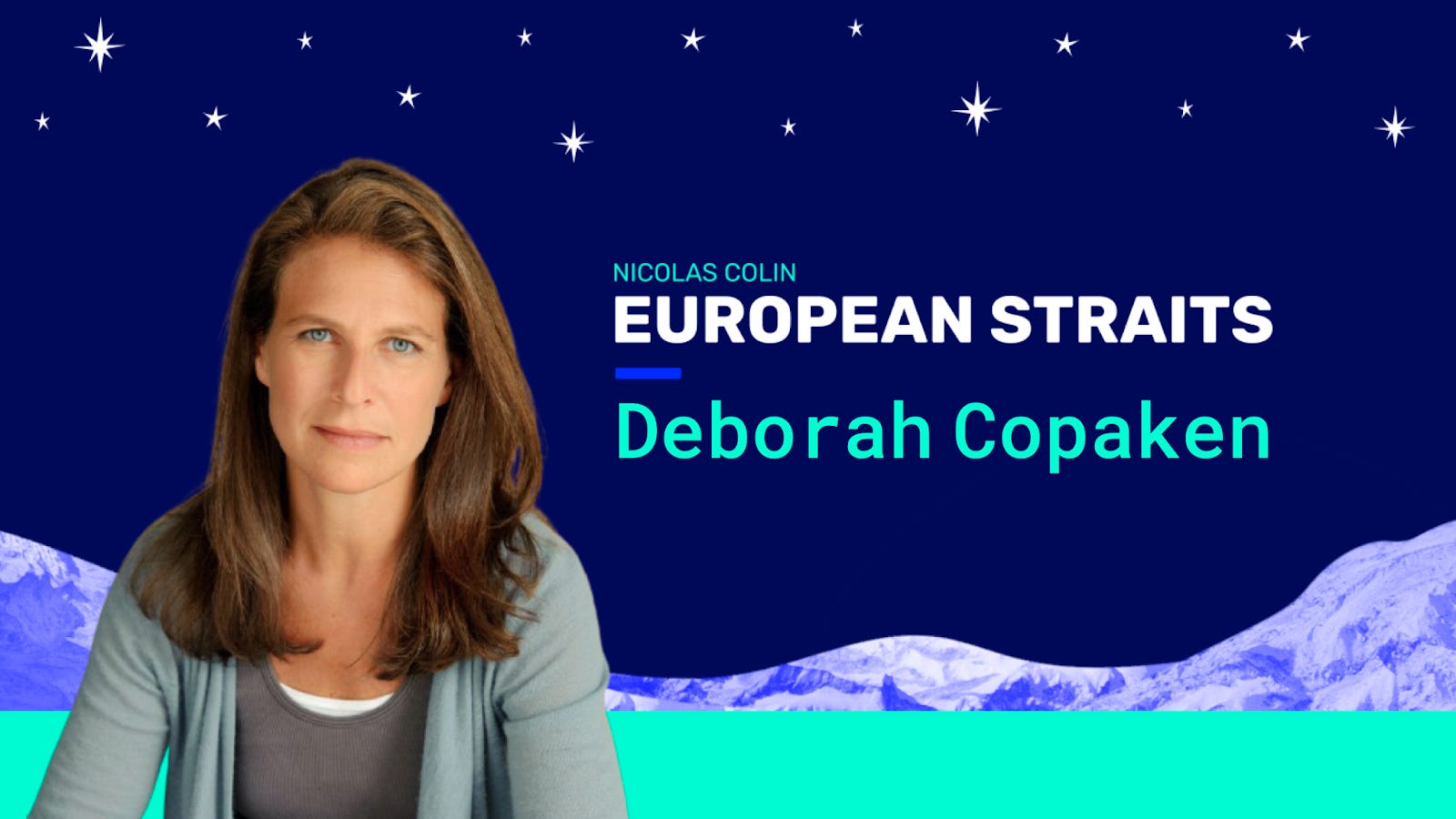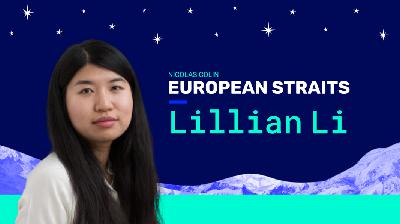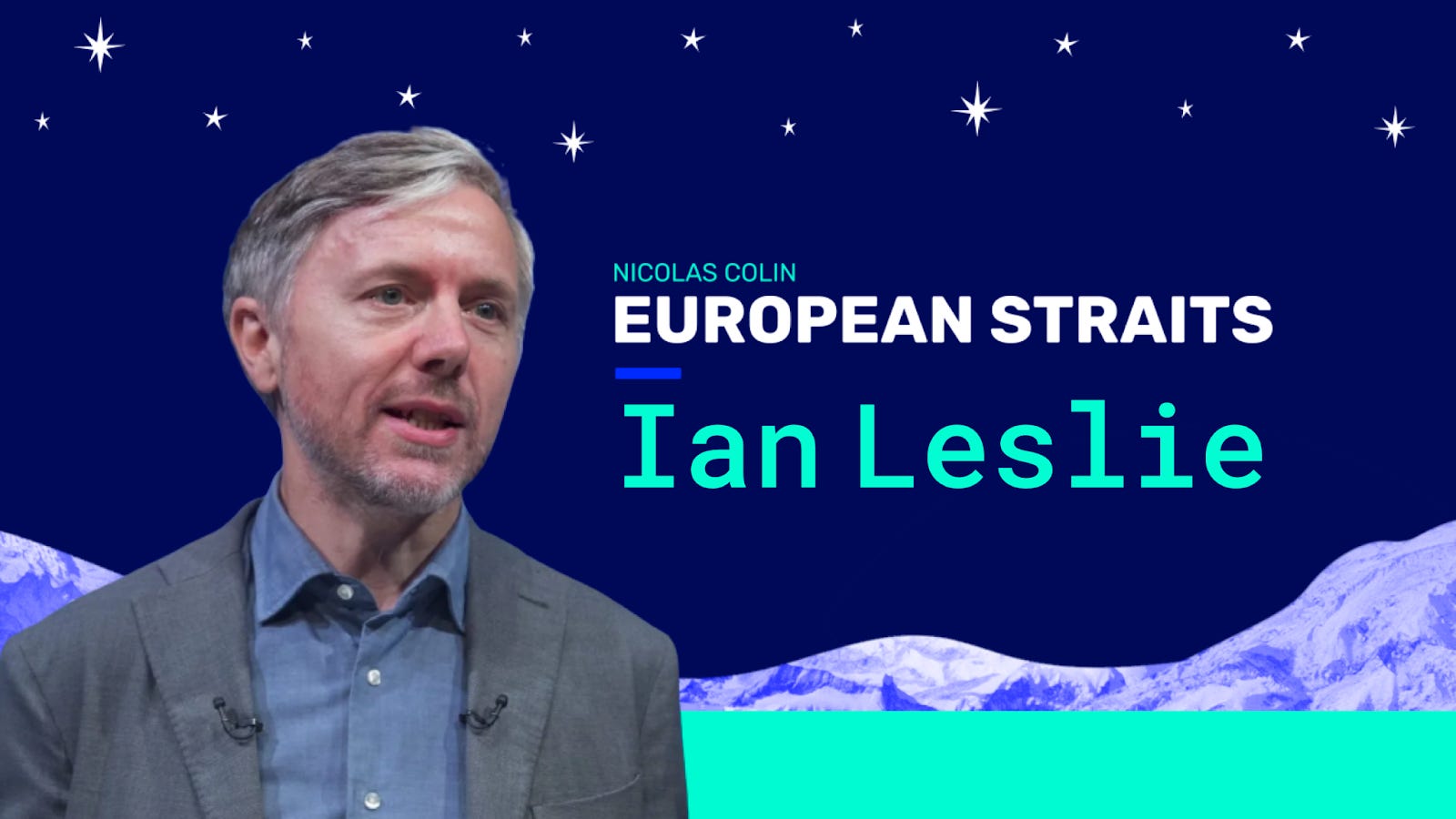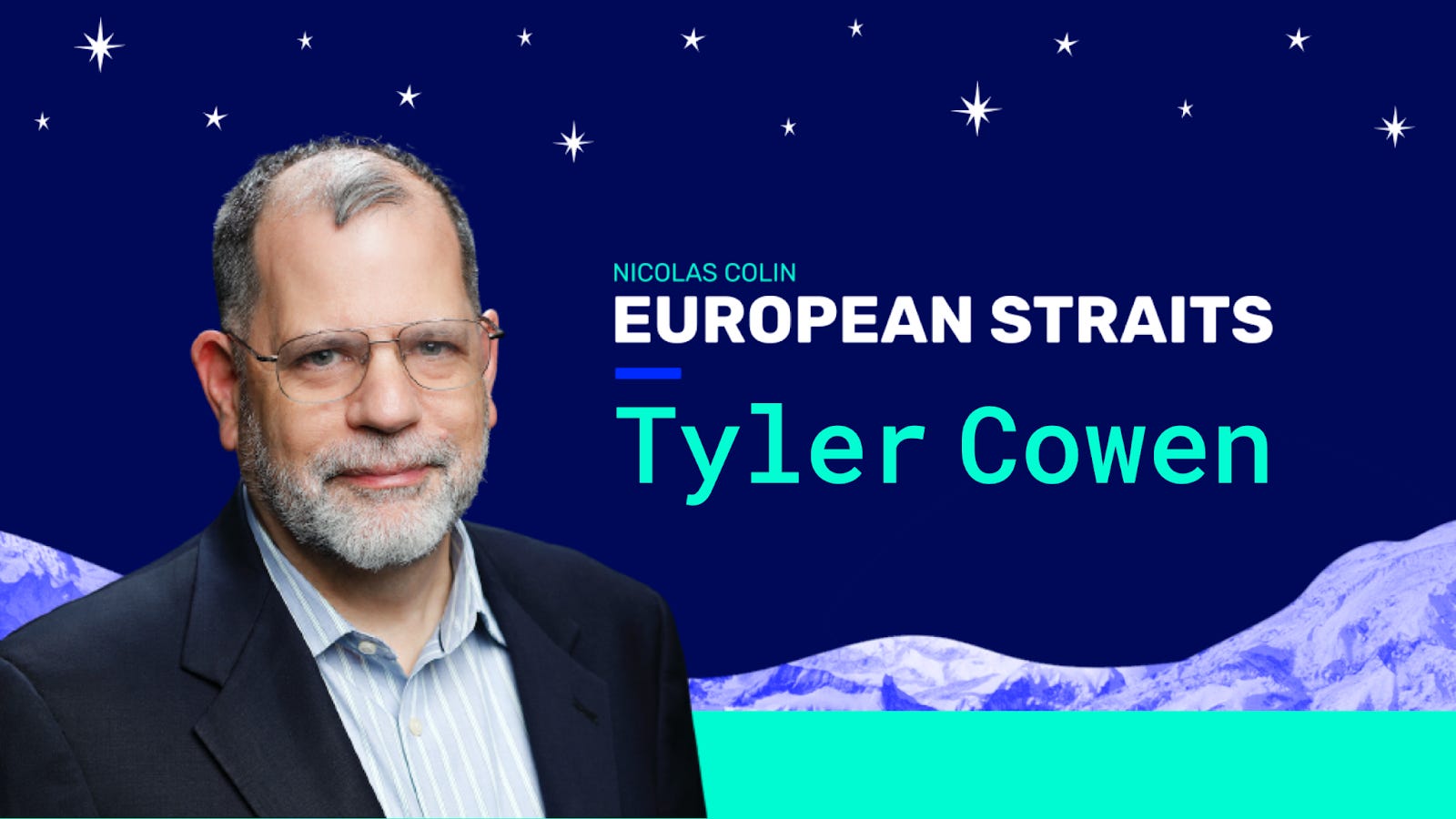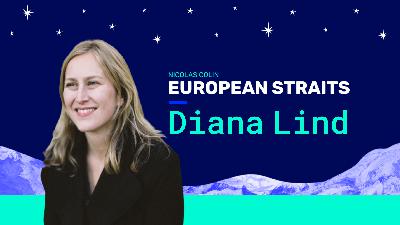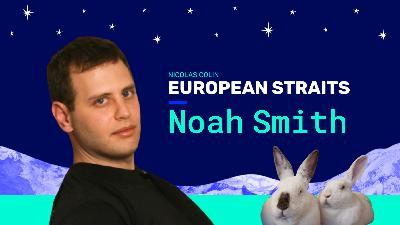"It’s Easier to Be Born Global than to Become Global": An Interview with Martin Mignot
Description
Venture capital has always been an American game played with American rules. Silicon Valley sets the terms, defines success, and draws the world’s best entrepreneurs into its orbit like a gravitational force. For European founders, this creates an existential question: do you stay local and risk irrelevance, or go global and risk losing everything that made you unique?
Martin Mignot understands this tension better than most. A partner at Index Ventures, he’s spent the last three years building their New York office after a career in London, helping European companies navigate the treacherous waters of US expansion. Index itself embodies this challenge—a firm born in Geneva that had to become truly transatlantic to compete at the highest level. Today, they’re arguably the best venture capital firm in the world, with recent exits including Figma, Scale AI, and Wiz.
This summer, Index published Winning in the US, a data-driven playbook for European and Israeli companies expanding to America. The book’s breakthrough is its recognition that there’s no single path to US success. Instead, it identifies four distinct archetypes—‘Telescope’, ‘Magnet’, ‘Pendulum’, and ‘Anchor’—each requiring radically different strategies. A gaming company can conquer America from Helsinki; an enterprise software startup must transplant its founders to San Francisco. Get the archetype wrong, and you’ll burn millions trying to force the wrong playbook.
But what struck me most in our conversation wasn’t the tactical advice about hiring or go-to-market strategies. It was Martin’s observation about the fundamental asymmetry between Europe and America: Europeans obsess about American politics, culture, and market dynamics, whilst Americans barely think about Europe at all. This indifference is both liberating and terrifying. It means European founders won’t face the political backlash they fear, but it also means they’re starting from absolute zero—unknown, unproven, and irrelevant until they prove otherwise.
This conversation with Martin, recorded in September, explores what it really takes for European companies to succeed in America, why so many fail by hiring the wrong “head of US,” and whether the current geopolitical tensions matter less than we think. The transcript has been edited for flow and clarity.
“It’s an overnight success a decade in the making”
Hi, Martin. Nice to see you.
Good to see you.
Martin, we go way back. We’ve known each other for twelve years now. You were already working at Index when they invested in my firm, The Family, back in 2013. You’re still at Index and have become a partner since then. You used to be in London but are now in New York, or between New York and San Francisco—perhaps you can tell us more about that.
Before we discuss the book, Winning in the US, which Index published in July, we should start with a few words about the firm. I won’t name names, but this summer I had breakfast with someone in the US who told me, between us, that Index Ventures has probably become the best venture capital firm in the world. That’s because you’ve had tremendous results recently: lots of portfolio companies going public, lots of visibility in the media, clearly very strong tailwinds, and a very strong presence both in Europe and in the US. You don’t have to comment on the praise, but tell us more about Index Ventures.
Well, first of all, it’s obviously very nice to hear that. I think it’s true that we’ve had a really strong start to the year with the IPO of Figma recently, where we were the largest shareholder; the investment of Meta into Scale AI, where we were the second largest shareholder; the offer by Google to Wiz, where we were the largest shareholder; and the Dream Games operation. So we’ve had a lot of very big outcomes, all in the past six months. But obviously, as you know, in venture it’s an overnight success a decade in the making. Most of these companies—we’ve been in Figma since we led the seed round when Dylan was nineteen. That was over twelve years ago. So these successes are a very long time coming. It just happened that a lot of these transactions are all happening at the same time, but they’ve been very long processes.
Regarding Index, we’ve been doing early stage tech investing for about three decades now. We’re actually celebrating our thirtieth anniversary next year in 2026. We started originally out of Geneva, which will be relevant to the conversation we have today. In a way, starting from a place like Geneva, where there is little to no homegrown tech mega-success, forced us to be global from day one. That was very much the original idea: to bring West Coast, Silicon Valley investment style to the rest of the world, with the simple idea that great entrepreneurs could come from anywhere where you had talent, infrastructure, and resources.
That forced us to look outside. Our first big successes were actually in places like Finland with MySQL, Estonia with Skype, and Sweden with King, which were not prime locations at the time for tech investment and tech entrepreneurship. Then from that strong starting point in Europe, we very quickly expanded back to the US. Today, we are a totally transatlantic fund. Half of the team is in the US, half is in Europe. We invest a little bit more in the US, but it’s roughly half and half. It’s a very balanced, fully transatlantic fund that operates as one team across all those geographies, which is a bit different from a lot of other funds.
“It’s much easier to be born global than to become global”
Index has been publishing various books over the past few years. I know the team who’s been working on it—it’s a lot of work because for each book, you go and interview dozens of portfolio founders and beyond, collecting testimonies and data. It’s all beautifully made. The book Winning in the US is a very nice object.
Tell us more about the book, and maybe we should spend some time discussing the “archetypes”. I think it’s really a breakthrough in the book because startups form such a diverse world. So many startups fail because they apply recipes they’ve read somewhere that don’t really apply to their particular context. You’ve made the effort to distinguish between different types of startups, which you call archetypes. There are four of them, but perhaps it’s worth spending a few minutes introducing each archetype and what playbook being in one bucket or another dictates for founding teams.
Absolutely. Before I get into the nitty-gritty of the archetypes, let me provide some context on the books and on Index Press. The initiative, which we call Index Press, can be found on the Index Ventures website under a section called Press. The driver behind these was that founders always ask us the same questions. Some questions are very specific, but many are not specific to a company—they touch on org design, compensation, option plans, and international expansion. We have a book called Scaling Through Chaos. We’ve done a lot around option plans and compensation in general, and international expansion. We’ve got two books: one is Winning in Europe for US companies expanding to Europe, and this latest book is Winning in the US for European and Israeli companies that want to succeed and expand into the US market.
All these books share the same characteristic and structure, mixing a quantitative approach with qualitative insights. For this book, we studied the expansion plans of hundreds of European VC-backed companies—when they expanded, how they expanded, what team they built, and so on. We coupled that with testimonials, interviewing more than forty top founders like Nikolay Storonsky, Ilkka Paananen, and Daniel Ek, as well as some senior executives, to b


